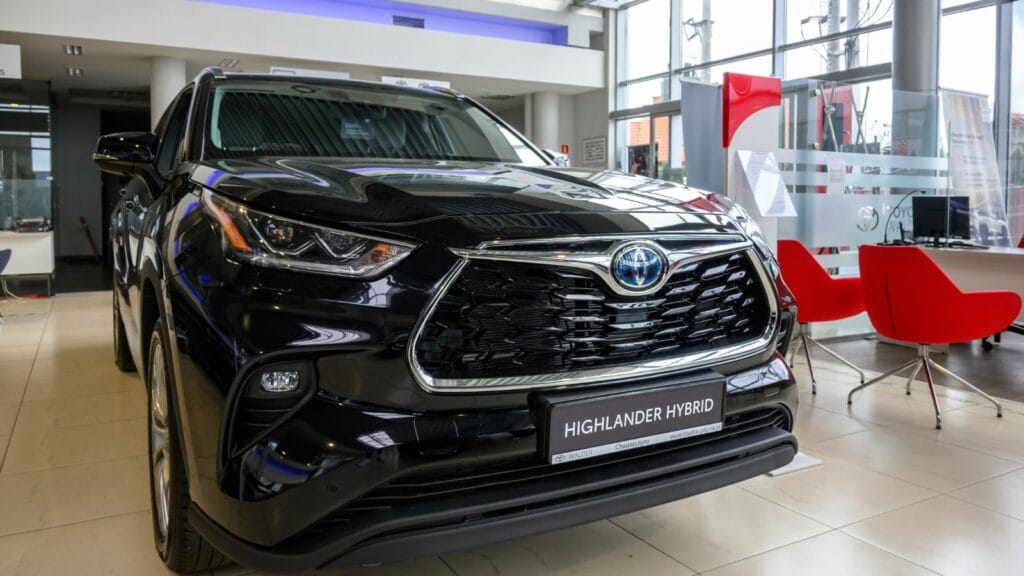Not every vehicle recall makes headlines, but that doesn’t mean they are any less serious, especially when it comes to Canada’s most trusted SUVs. From faulty airbags to powertrain problems, several popular models are being quietly recalled nationwide. Here are 25 SUVs that are quietly being recalled across Canada:
2021–2022 Toyota RAV4 Hybrid
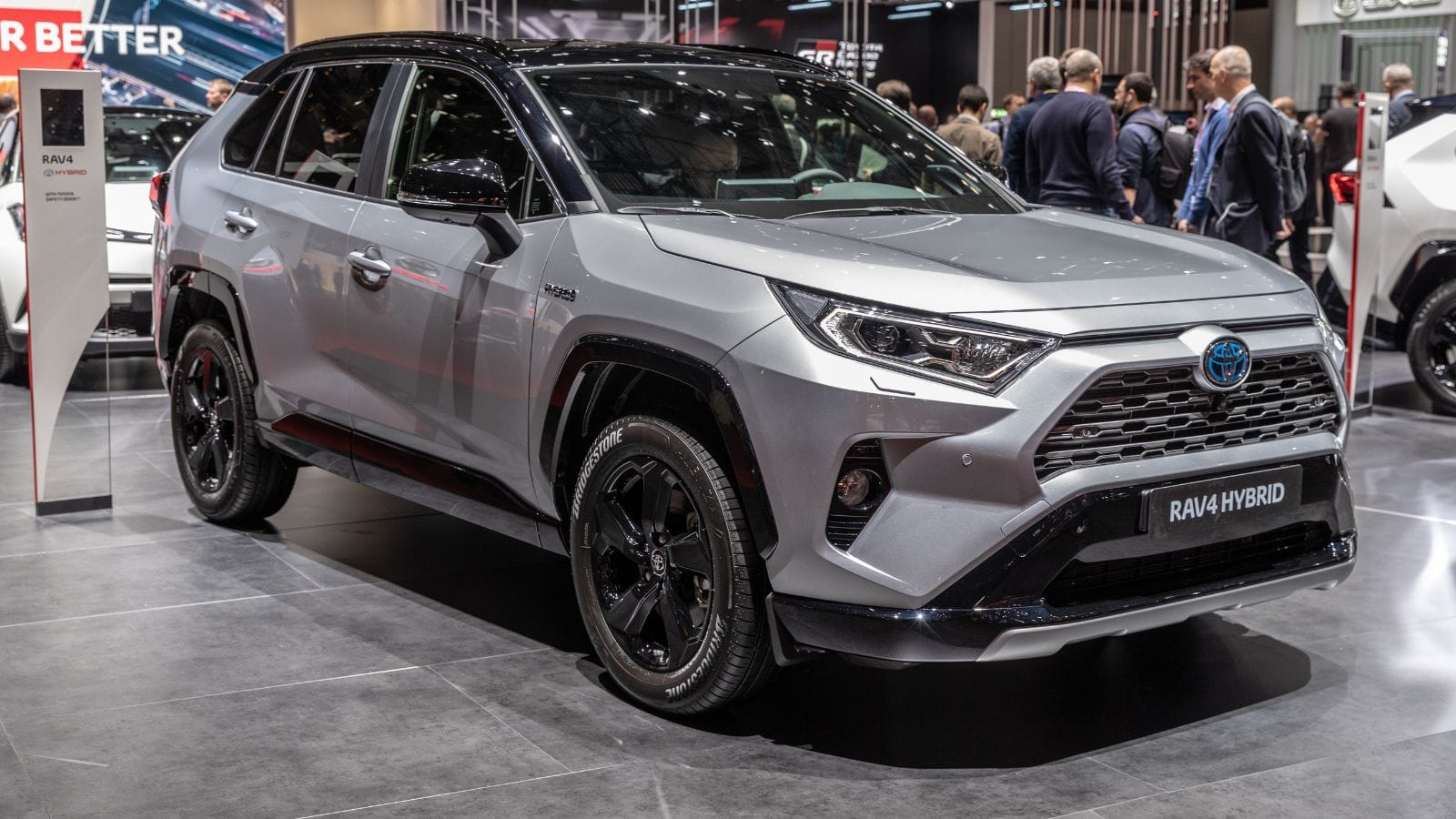
The Toyota RAV4 Hybrid is one of Canada’s best-selling SUVs, which makes its recall over sudden loss of drive power all the more concerning. The issue stems from an electrical connection in the hybrid transaxle, which may cause the vehicle to stall unexpectedly. For a model that boasts dependability and fuel efficiency, this recall has come as a surprise to many. Toyota has issued software updates and inspections, but some drivers have reported long waits for parts. If you rely on your RAV4 Hybrid for winter travel or long commutes, this is one recall you can’t afford to ignore.
2020–2023 Ford Explorer
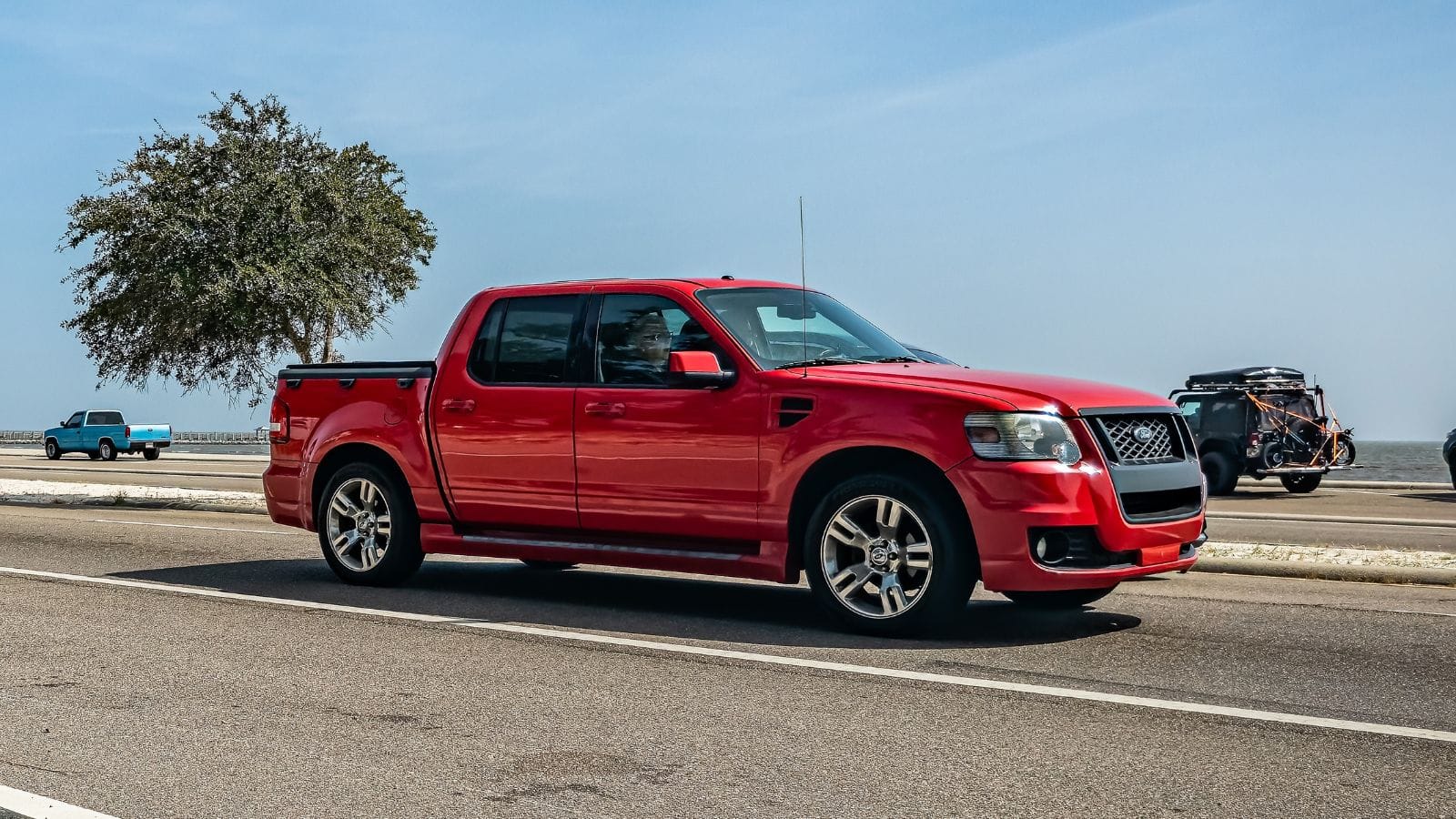
Ford’s popular Explorer has faced multiple recalls in Canada recently, the most serious involving a rear axle bolt that can fracture, potentially causing the driveshaft to disconnect. This issue affects both gas and hybrid variants and may lead to a loss of power while driving or an unexpected vehicle roll when parked. Ford has issued a repair strategy that includes a software patch and potential hardware replacement. The Explorer is often marketed as a family-friendly, all-purpose SUV, but this recall raises concerns about long-term reliability in demanding Canadian conditions.
2020–2021 Hyundai Palisade
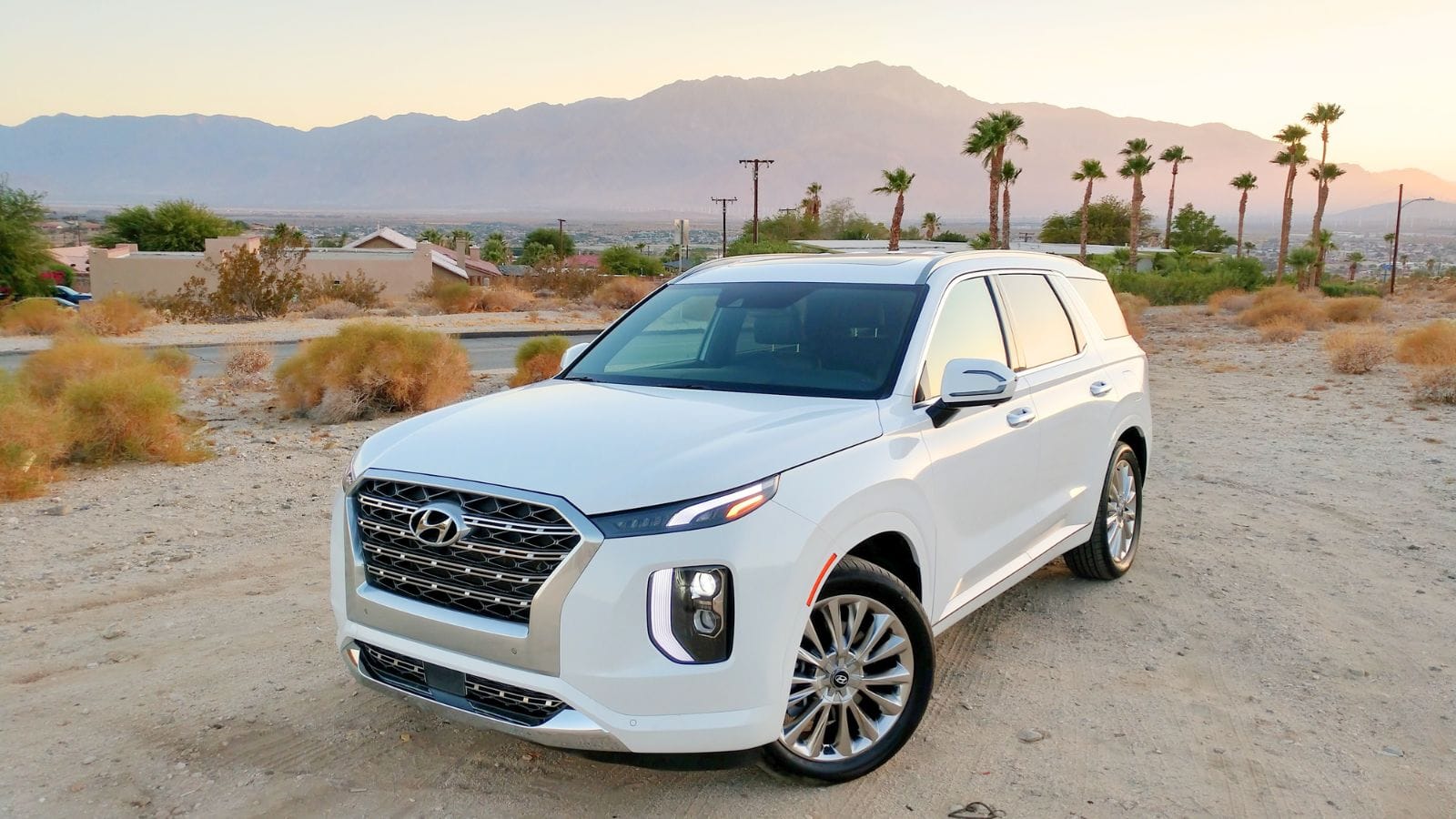
The Hyundai Palisade is a favorite among Canadian families. Still, a recall involving faulty trailer hitch wiring is raising questions about its safety. Moisture intrusion into the wiring harness can cause short circuits and, in some cases, vehicle fires. Hyundai has warned drivers to avoid parking the SUV indoors until repairs are made. Considering the Palisade’s premium positioning and family-first marketing, this issue undermines confidence in what’s otherwise seen as a luxurious and well-equipped SUV.
2020–2021 Subaru Outback
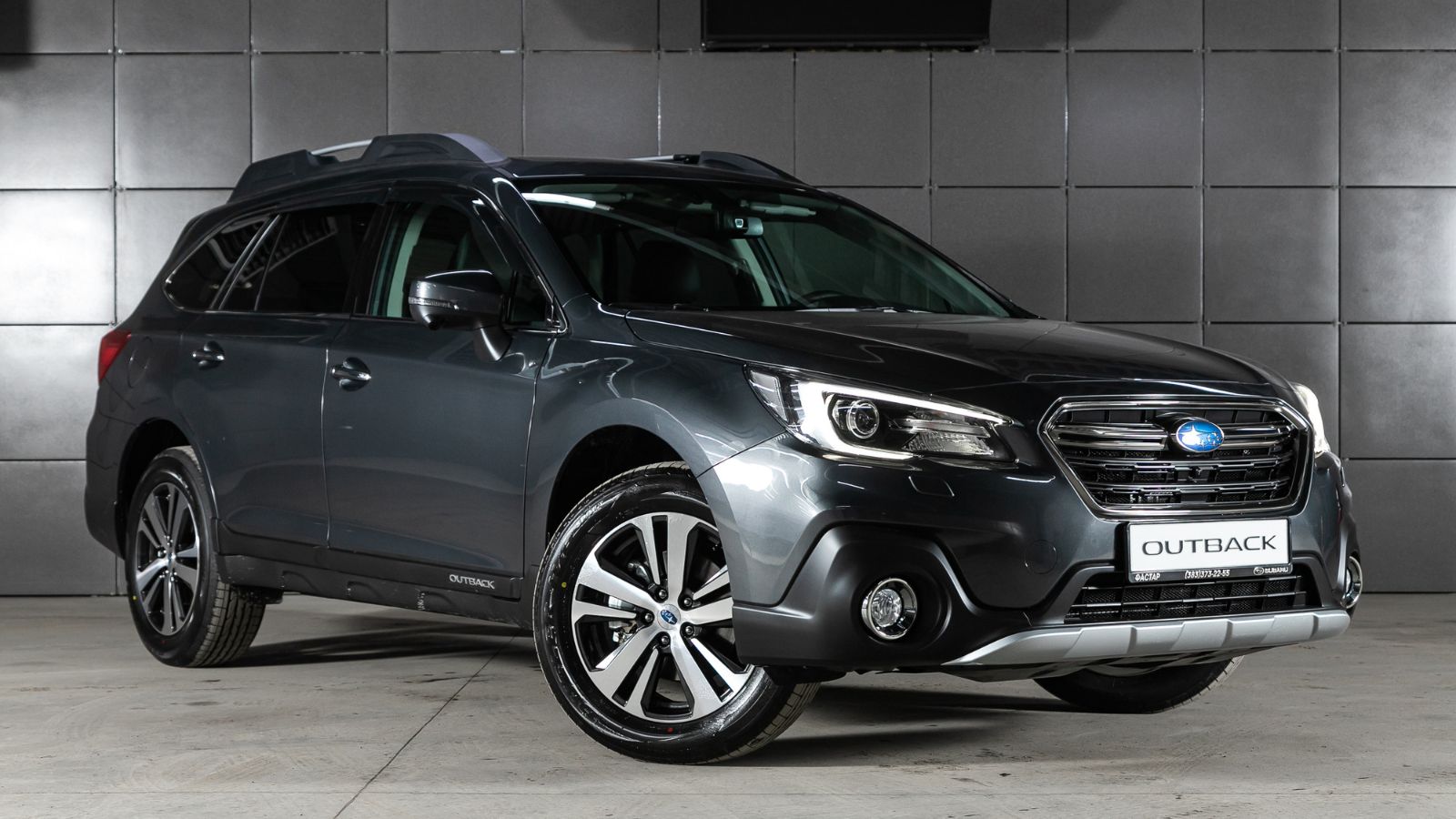
Beloved for its rugged reliability and winter-ready build, the Subaru Outback isn’t immune to recall notices. A recent issue with the Continuously Variable Transmission (CVT) could cause the parking brake to fail or the vehicle to roll away when parked. While Subaru has been proactive in addressing the problem, the issue hits at the heart of what makes the Outback so appealing to Canadians: trust. This is a wake-up call for Outback owners who often take the SUV on remote drives or icy mountain passes.
2021–2022 Chevrolet Tahoe
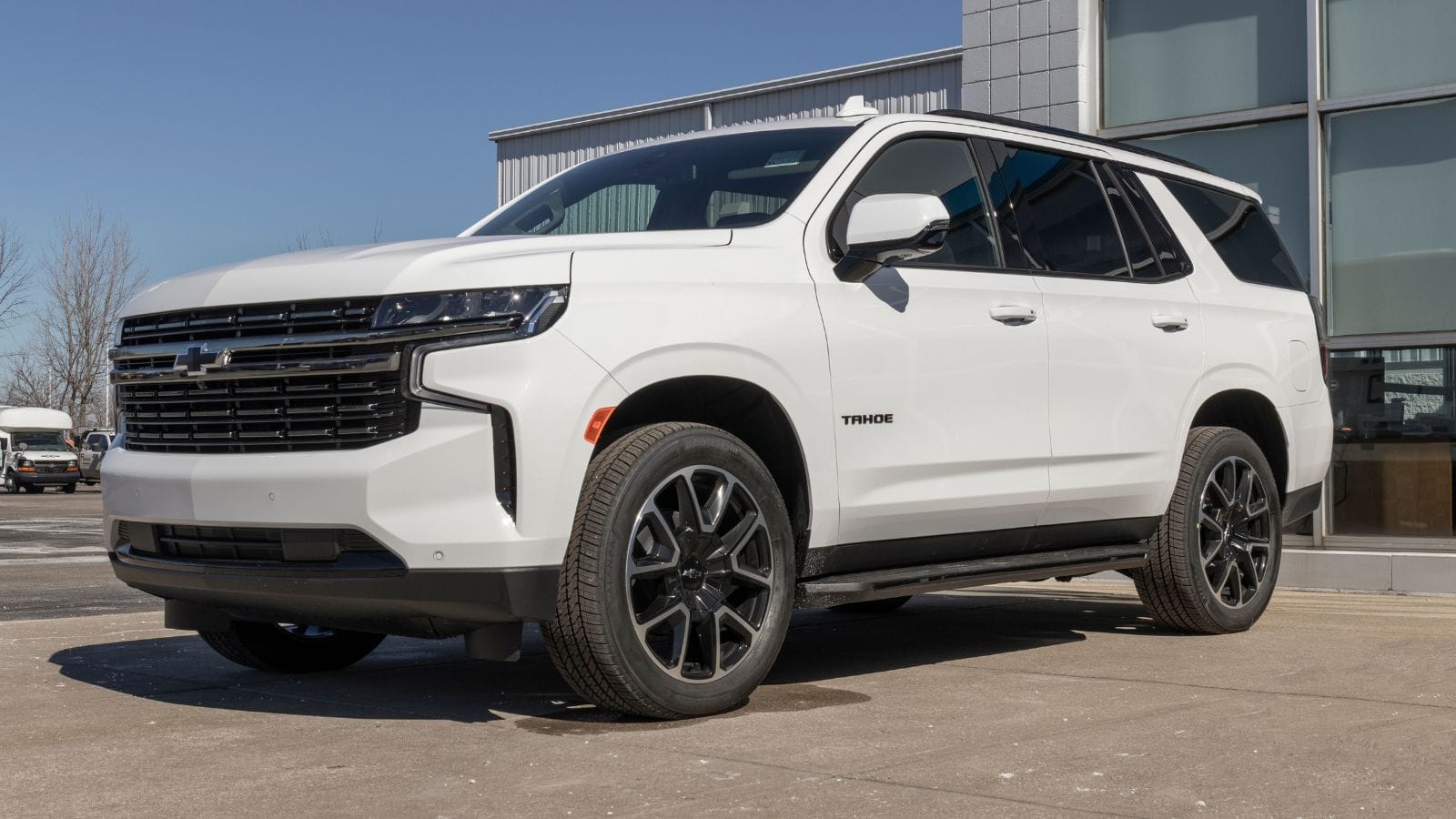
The Chevrolet Tahoe is a beast on the road, but a recent recall involving its third-row seatbelts has raised concerns. In some cases, the seatbelts were improperly installed during manufacturing, which may prevent them from functioning correctly in a crash. For a vehicle that often hauls families and gear across long distances, this is a serious concern. GM has responded by offering free inspections and repairs, but given the Tahoe’s popularity in rural and suburban Canada, owners are being urged to act fast.
2019–2022 Honda Passport
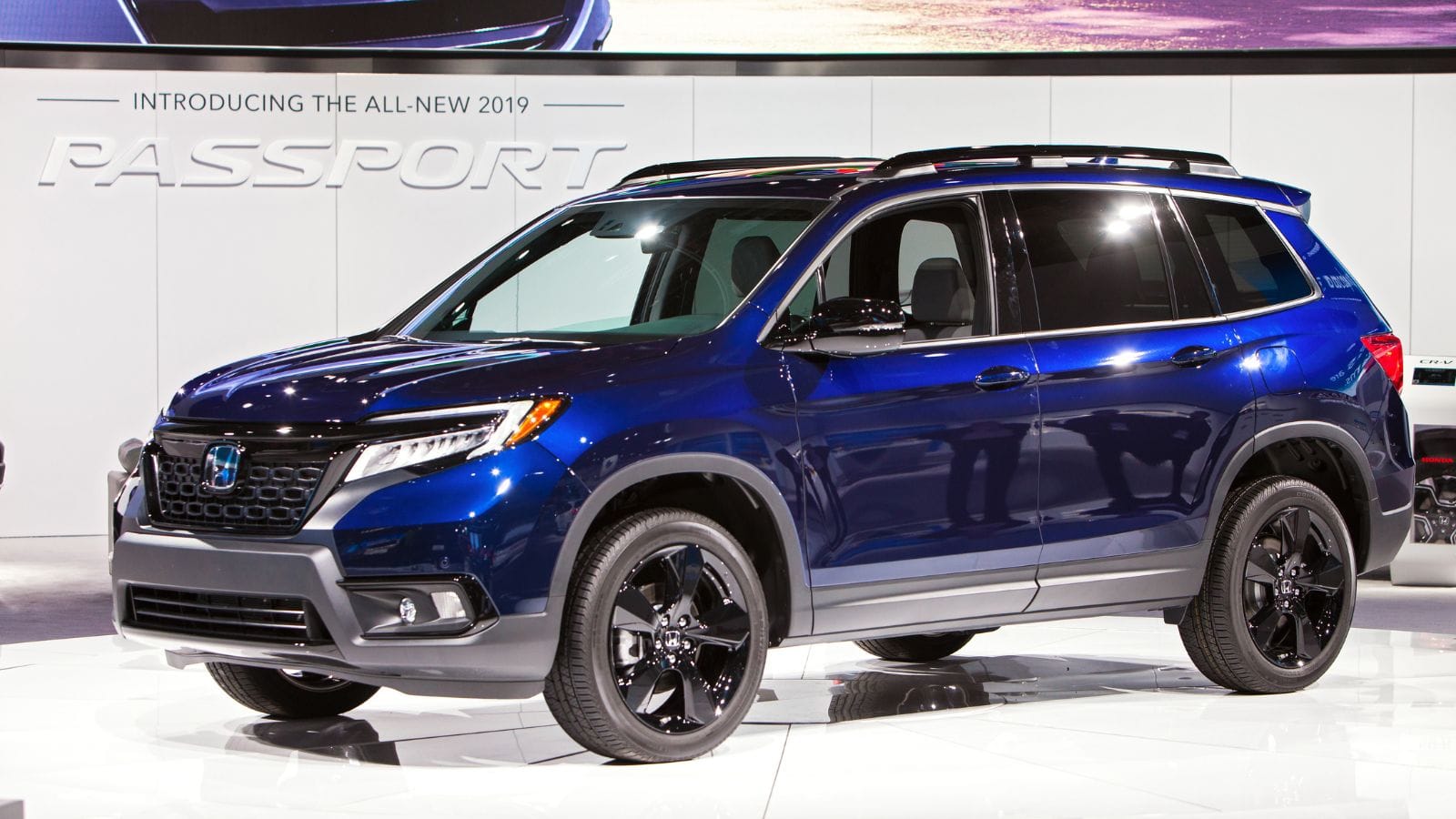
The rugged Honda Passport is no stranger to Canadian trails, but recent recalls are making some owners uneasy. One issue involves the hood latch, which can fail, causing the hood to fly open while driving and obstructing the driver’s view, thereby creating a severe road hazard. This defect is hazardous at highway speeds, and with Canadian winters already limiting visibility, it’s an alarming oversight. Honda dealerships have started offering inspections and latch replacements, but many drivers remain unaware.
2022–2023 Kia Sorento Plug-In Hybrid
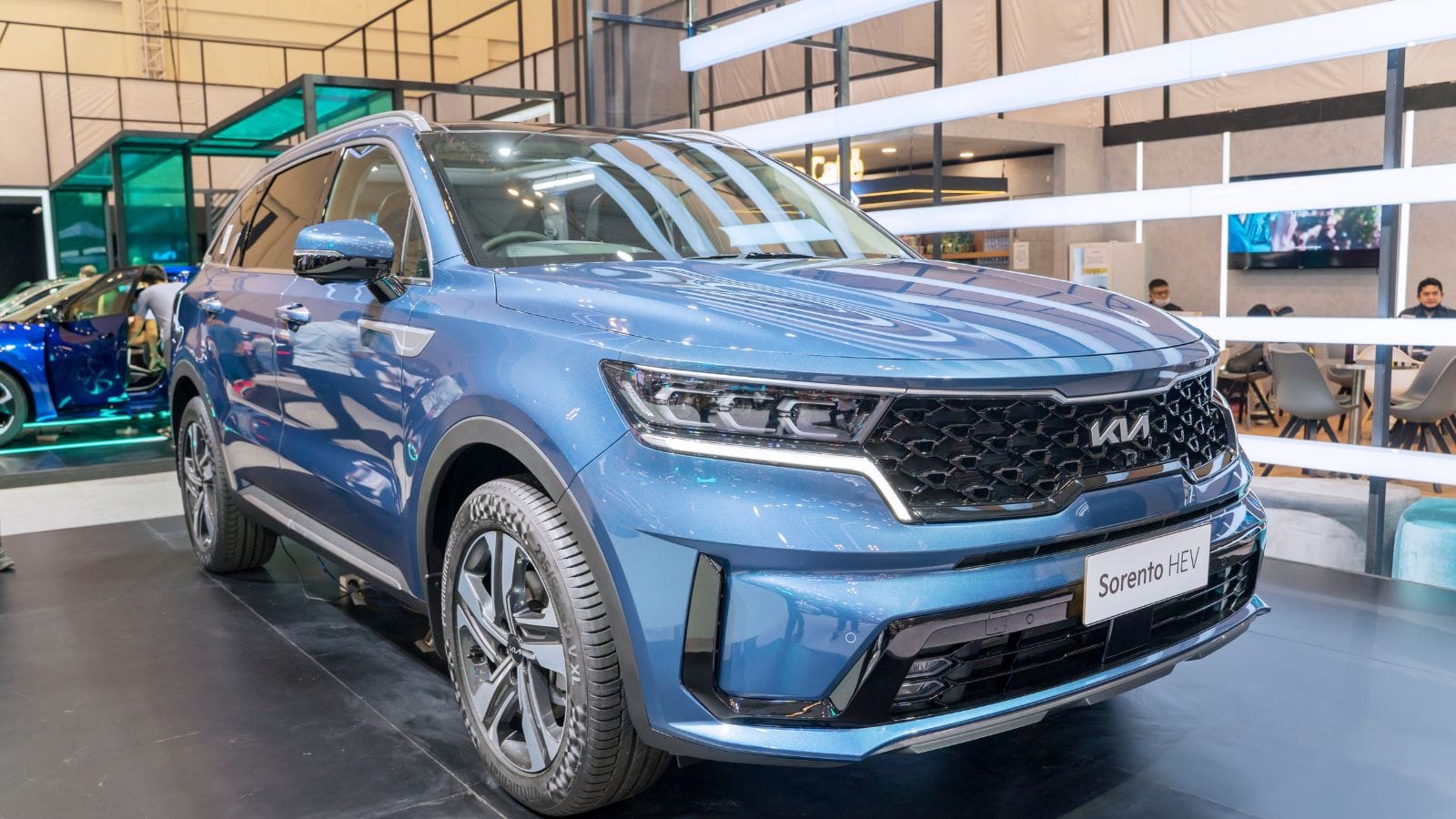
Kia’s plug-in hybrid Sorento drew praise for its eco-friendliness and SUV practicality, but its recall over a high-voltage battery issue has cast a shadow over it. A potential electrical short within the battery pack could lead to fires, even when the vehicle is parked and off. With cold garages and enclosed parking spaces being standard across Canada, this poses a real threat to property and personal safety. This has led Kia to start a battery inspection and replacement campaign across Canadian dealerships.
2021–2023 Volkswagen Atlas
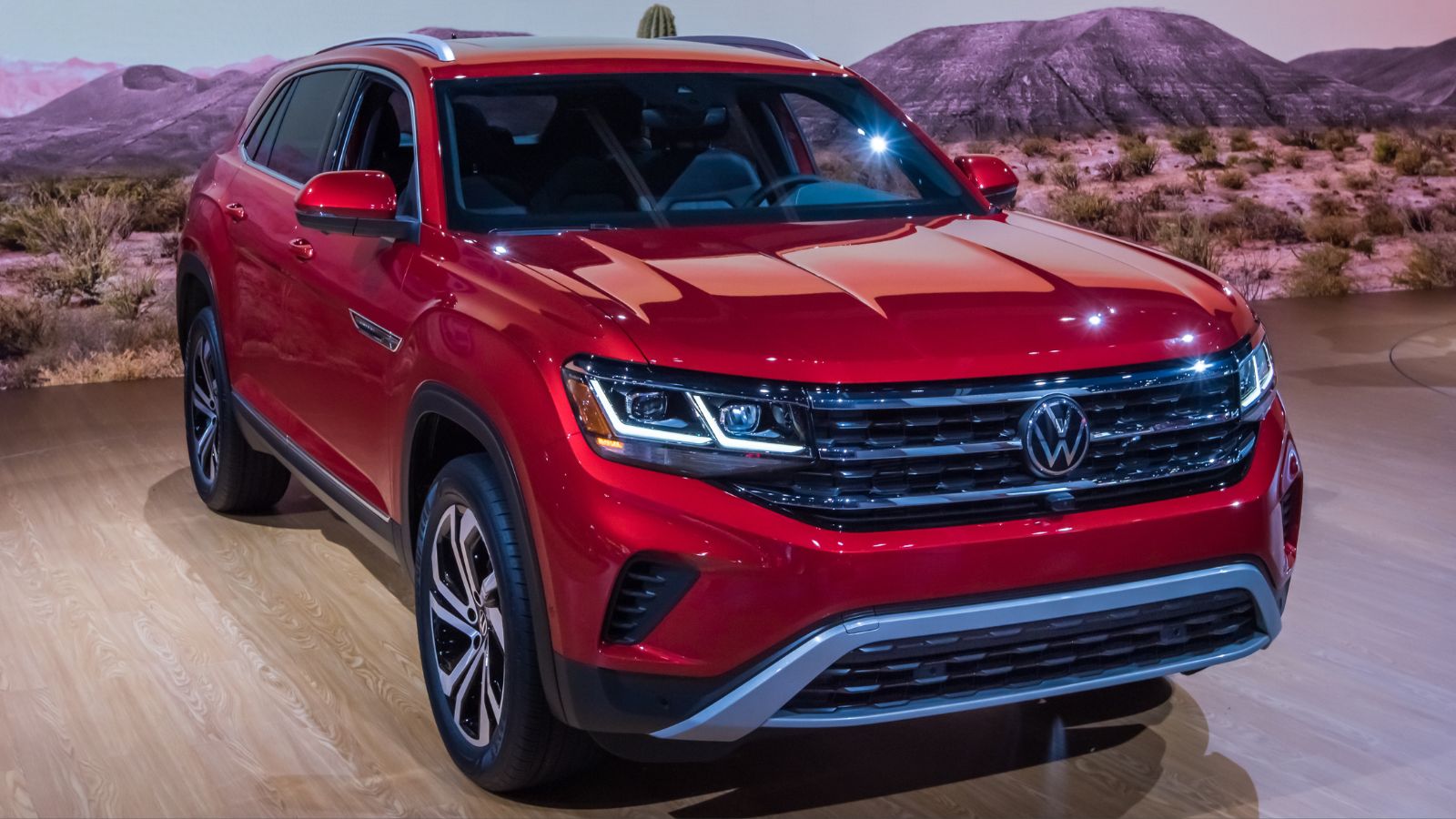
Volkswagen’s Atlas has become a staple for larger Canadian families, but a defect in the airbag system has prompted a national recall. Due to faulty wiring, the front passenger airbag may not deploy properly in the event of a crash. Given Canada’s unpredictable driving conditions, from black ice to moose crossings, this is a risk most drivers can’t afford. VW is offering free diagnostics and repairs, but the availability of parts has slowed the process.
2020–2021 Nissan Rogue
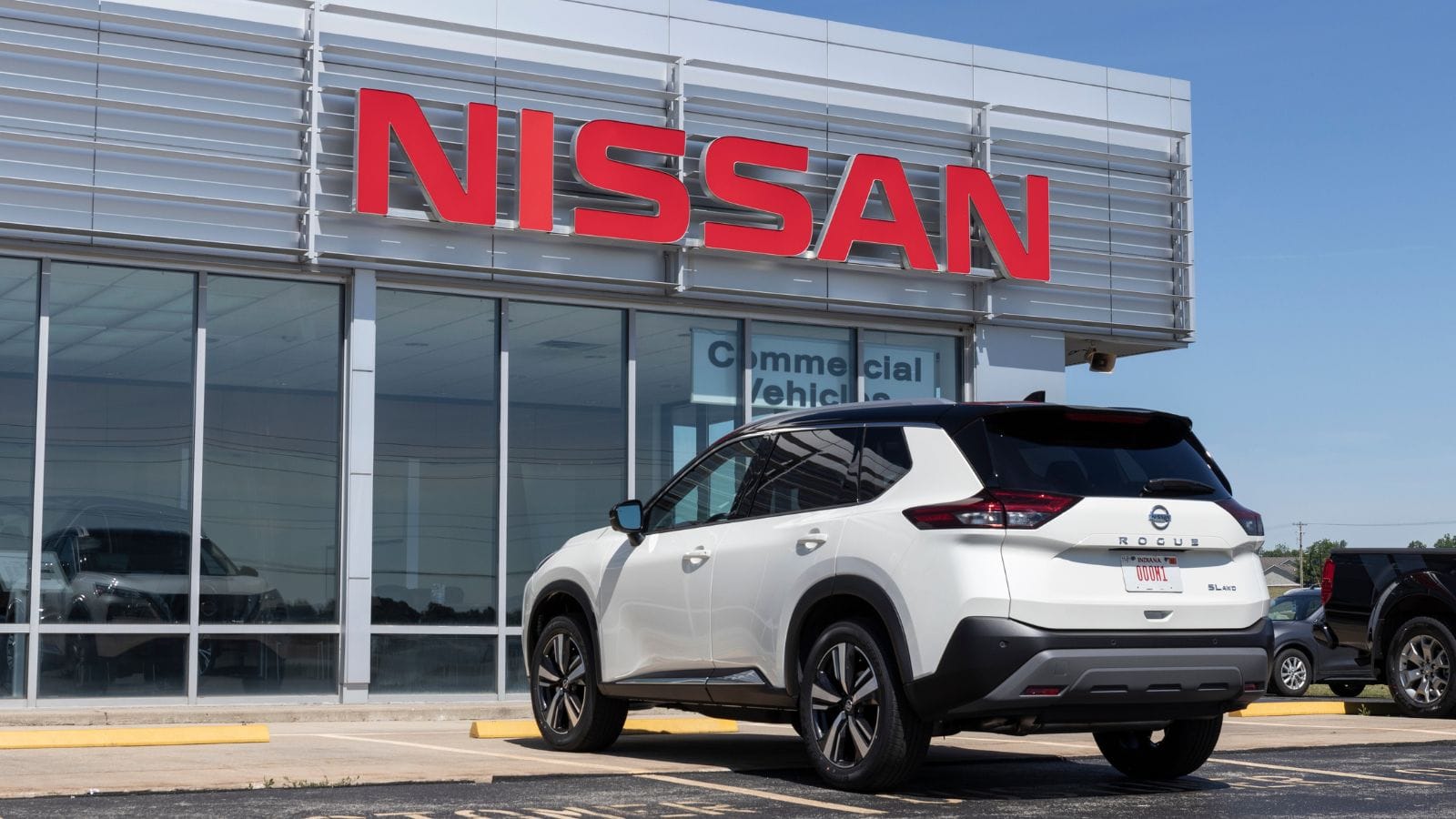
The Nissan Rogue is among the most common crossovers on Canadian roads, which makes its recent recall particularly widespread. A problem with the fuel pump can cause the engine to stall without warning, causing a significant concern during long winter drives or while merging on highways. The issue is linked to faulty internal components that may deform over time, resulting in disrupted fuel delivery. Nissan has pledged quick repairs and part replacements, as a mid-trip engine stall in -20°C weather is both inconvenient and dangerous; however, some dealerships have reported backlogs.
2021–2022 Jeep Grand Cherokee L
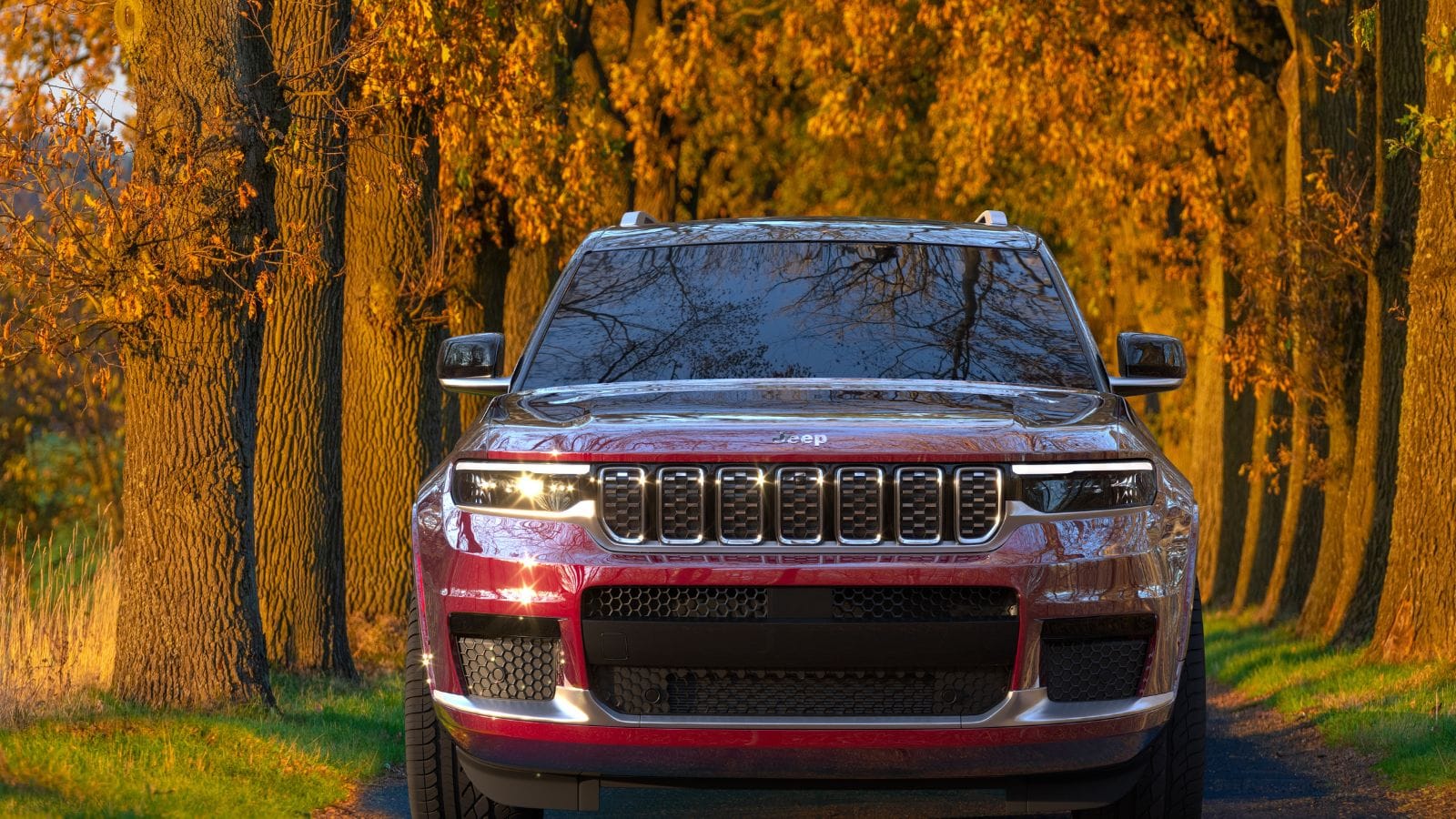
The new three-row Grand Cherokee L was meant to reassert Jeep’s dominance in the SUV market, but it is now under recall due to steering column defects. The intermediate steering shaft may not be adequately secured, increasing the risk of loss of control. For a vehicle often marketed as adventure-ready and built for challenging Canadian terrain, this is a significant concern. Jeep has rolled out the fix, but many buyers weren’t notified promptly. Whether you’re navigating snow-covered roads in B.C. or heading off-grid in Ontario, the last thing you want is your steering failing you mid-turn.
2022–2023 Hyundai Tucson
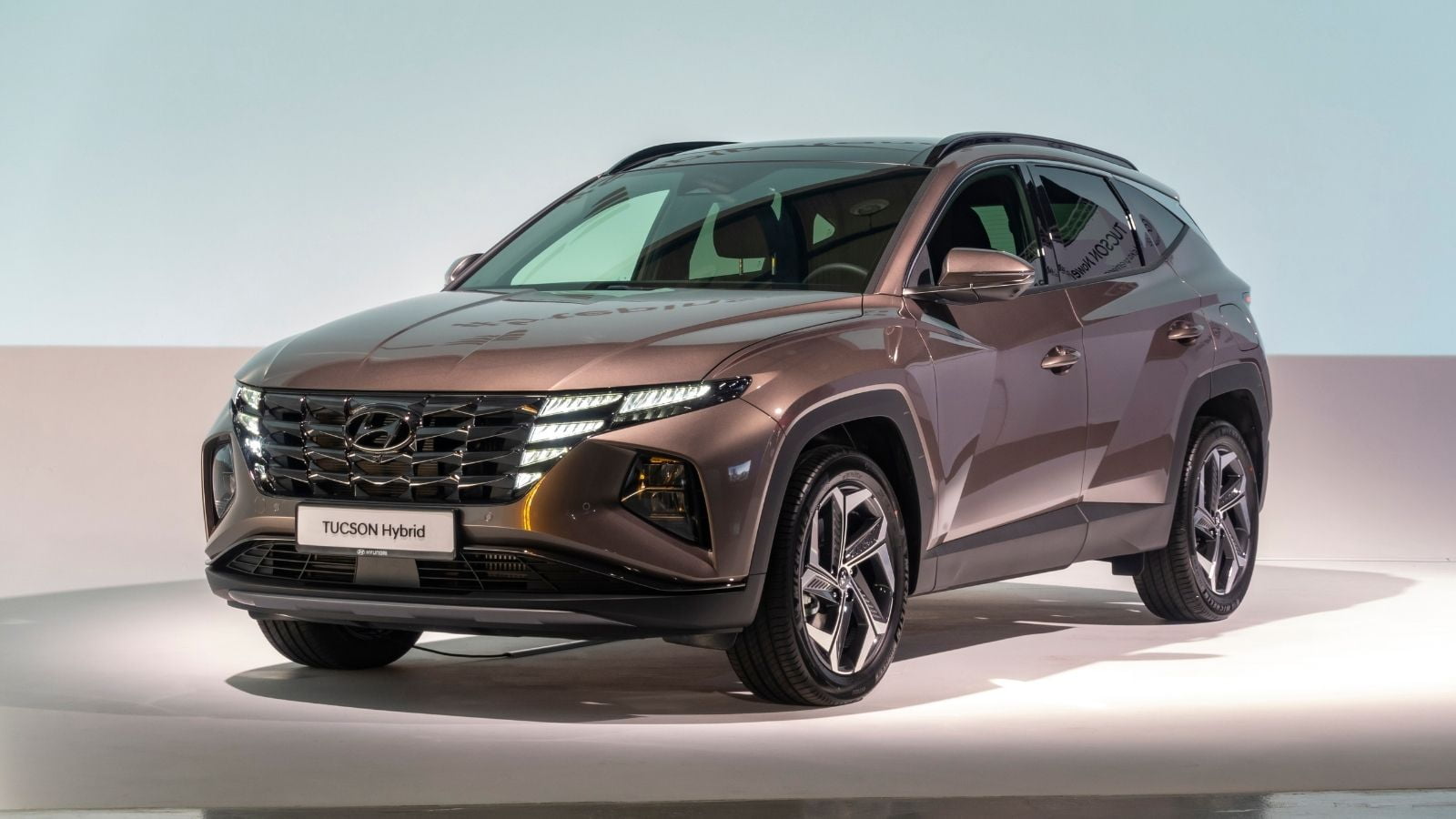
Hyundai’s Tucson has been a hit among Canadians looking for a reliable and stylish compact SUV. However, a recall related to potential fuel leaks from the pipe connection is raising concerns. The issue could lead to fuel leakage near hot surfaces, dramatically increasing the risk of fire. Given how often Canadians rely on remote starts during cold months, this kind of problem is especially alarming. Hyundai is offering free repairs and has urged drivers to contact dealerships immediately.
2017–2019 Chevrolet Traverse
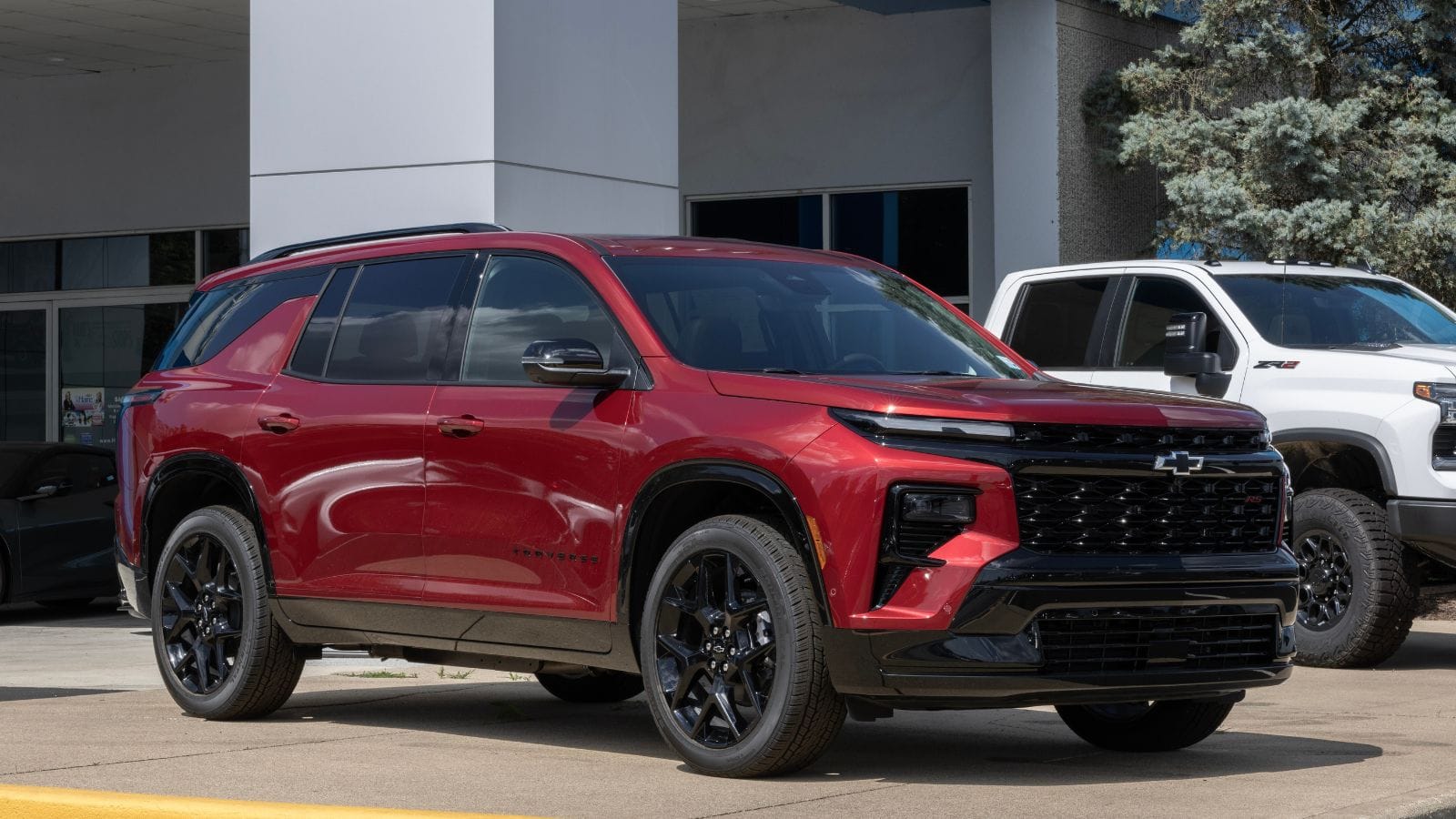
The Chevrolet Traverse, a favorite among larger Canadian families, is facing a recall due to faulty rear seatbelt anchorages. In the event of a collision, the belts might not properly restrain passengers, which is especially dangerous for children and third-row occupants. With many Canadians using the Traverse for long road trips or transporting family, this defect undermines its core appeal of safety and reliability. GM has issued service bulletins and offered free repairs. Still, some owners remain unaware that their SUV is affected, making it crucial to have your seatbelts inspected, especially if you own a 2017-2019 Traverse model.
2021–2023 Ford Bronco Sport
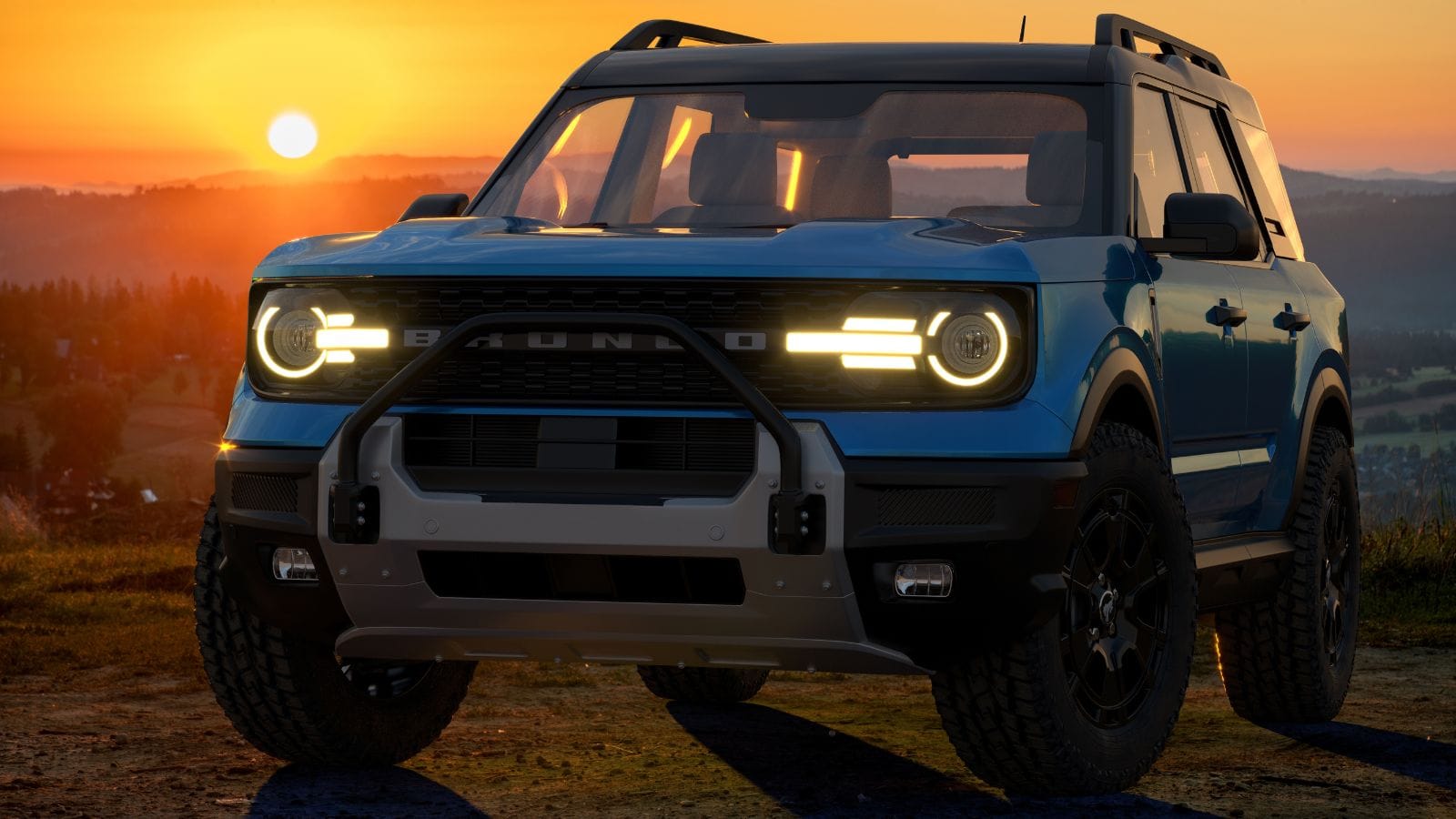
The Bronco Sport, a revival of a legendary nameplate, has caught the attention of Canadian adventurers. But not all is perfect beneath its rugged exterior, as recent recalls stem from improperly manufactured rear brake linings that can reduce stopping power. In icy or hilly conditions, which are common across much of Canada, this defect can quickly turn serious. Ford is issuing inspections and replacements, but given the Bronco Sport’s popularity in rural and snowy regions, many affected drivers may not yet be aware that they’re at risk.
2019–2021 Subaru Ascent
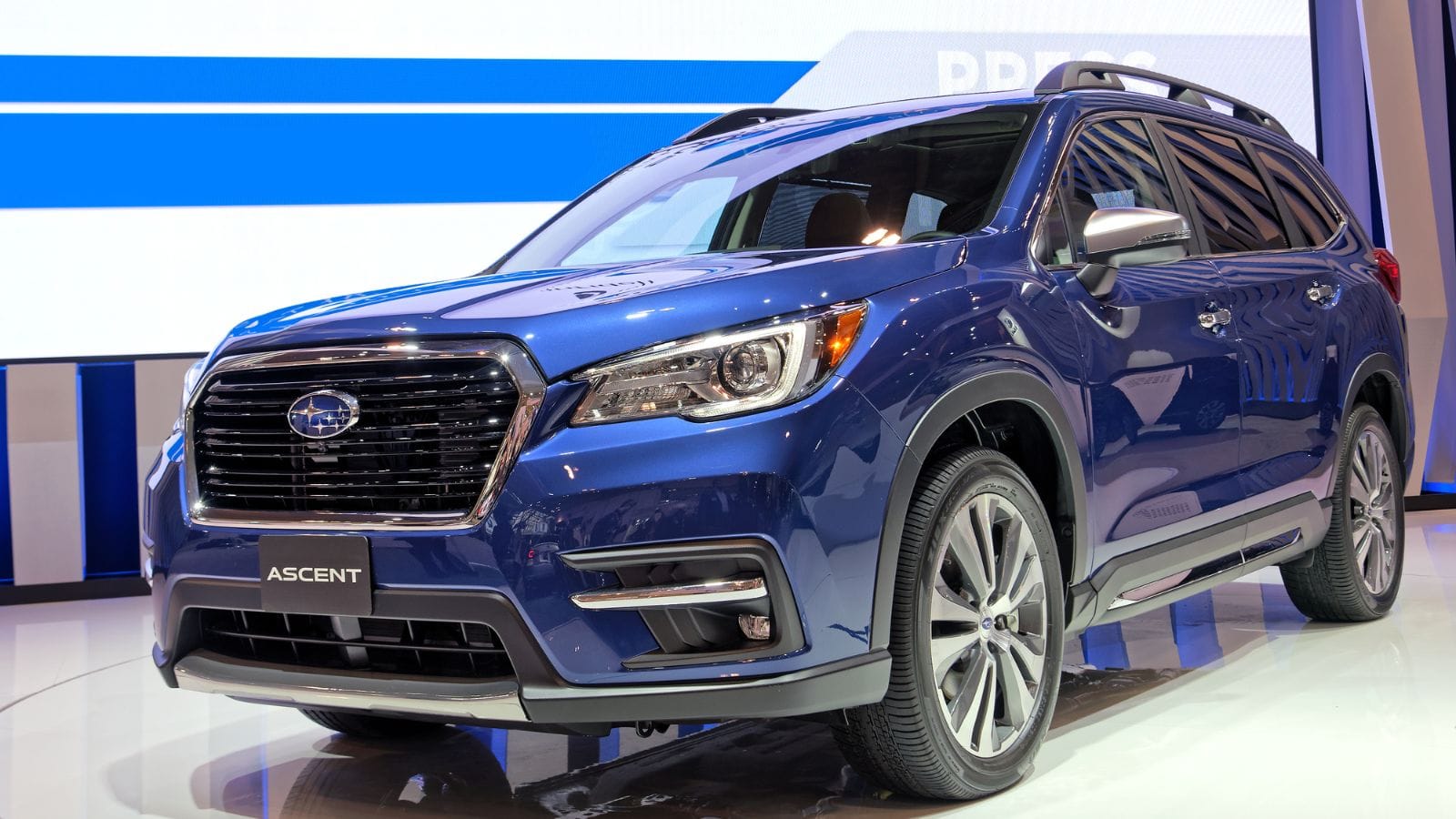
Subaru’s Ascent is renowned for its all-weather performance and family-friendly features, but a recall tied to defective transmission control units (TCUs) could result in sudden power loss. This is particularly dangerous during acceleration or while overtaking on busy highways. While the recall affects a relatively small batch, the consequences of failure are serious, especially in Canada, where winter driving conditions demand peak vehicle performance. Subaru has contacted owners and offered reprogramming or TCU replacements.
2023–2024 Mazda CX-90
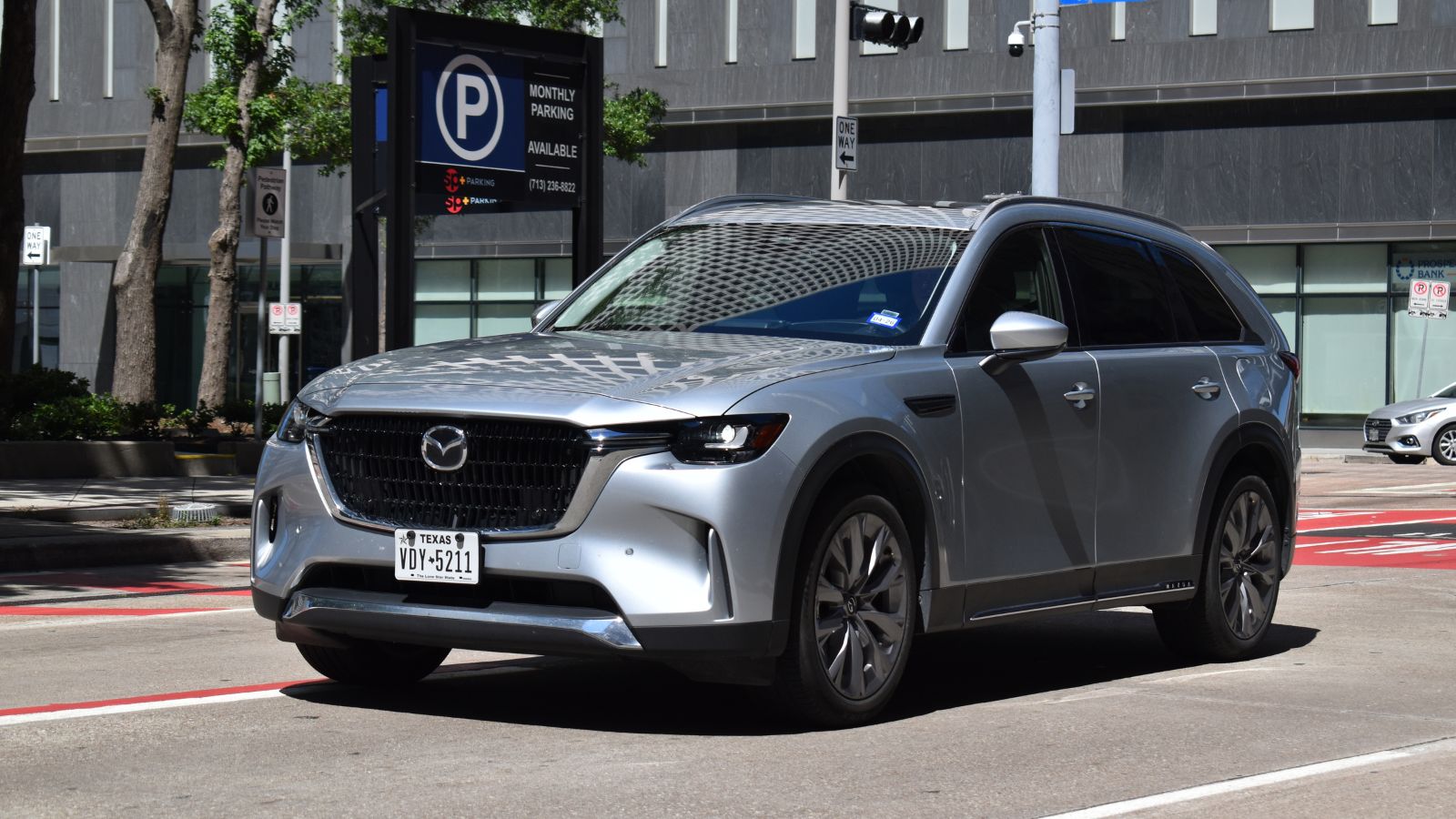
Mazda’s newly introduced CX-90, a three-row SUV meant to take on luxury rivals, is already under recall due to a faulty rearview camera system. The camera may not display correctly or at all when reversing, violating Canadian safety standards. For an SUV of this size, especially one marketed to urban families navigating tight parking garages or school drop-offs, this is a significant flaw. Mazda dealerships are addressing the issue through software updates and camera replacements.
2022–2023 Kia Sportage
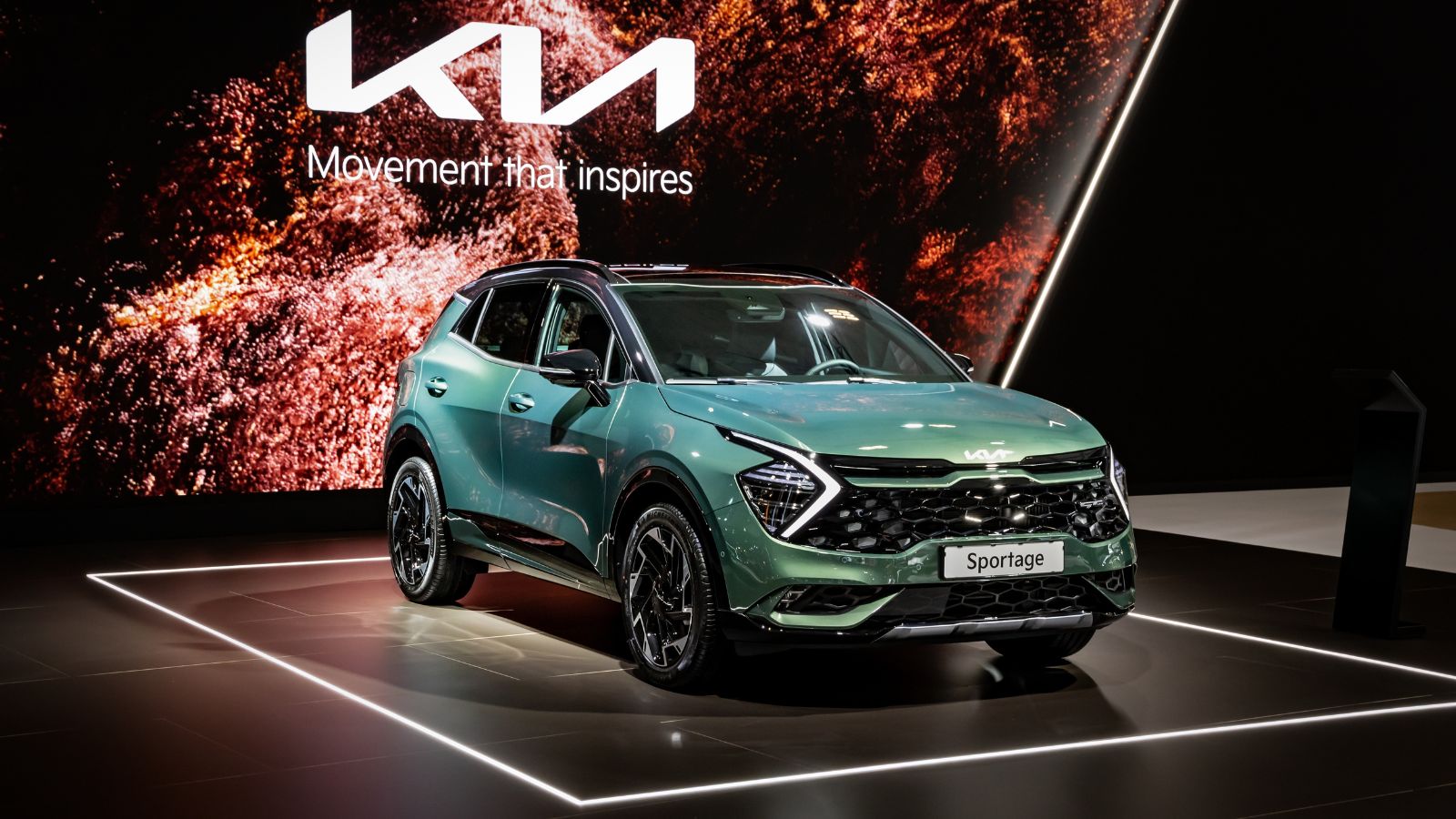
The Kia Sportage has become a common sight on Canadian roads, especially in urban and suburban areas. Still, a fire risk linked to a faulty Hydraulic Electronic Control Unit (HECU) has prompted a widespread recall. The issue could cause an electrical short, potentially igniting even when the vehicle is parked and turned off. This is especially concerning for owners who leave their vehicles in garages or near structures during cold months. Kia has issued guidance to park outside and away from buildings until repairs are completed.
2019–2020 Kia Telluride
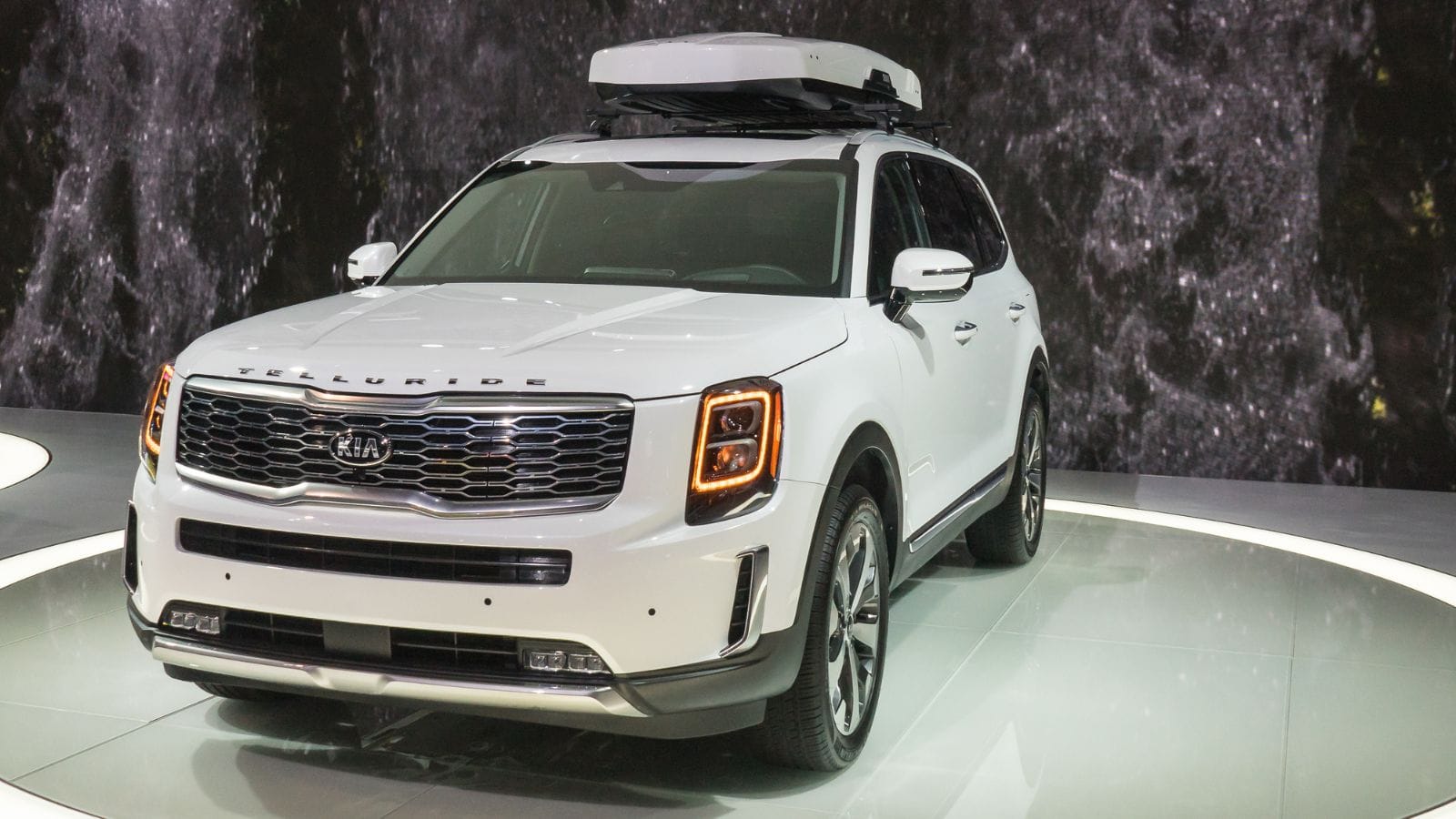
The Kia Telluride became a runaway hit in Canada, praised for its value and three-row practicality. However, some early models are now under recall due to potential risks of engine compartment fires. The issue stems from a faulty tow hitch harness that can short-circuit when exposed to moisture, including snow and road salt, which are conditions that are hard to avoid in most Canadian provinces. Kia has instructed owners to park outdoors until repairs are completed, which is inconvenient during harsh winters.
2020–2022 BMW X5
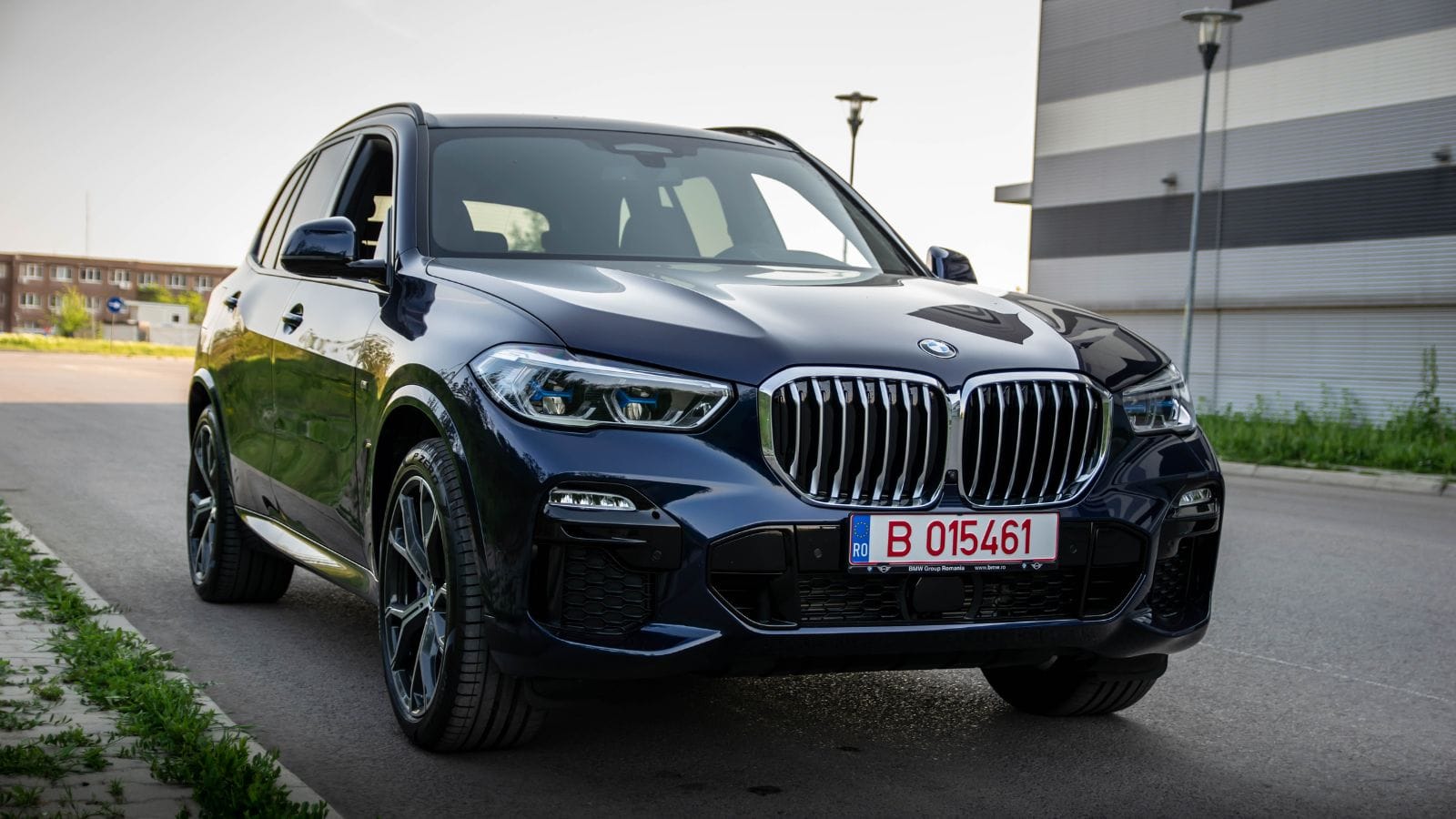
Luxury doesn’t mean flawless, and BMW X5 owners are finding that out firsthand. A recall affecting these models relates to defective head restraints that may not lock into place properly, thereby posing an increased risk of injury in a crash. The recall affects both driver and passenger seats, which is especially concerning given the SUV’s frequent use for long-distance trips and highway driving. In a vehicle priced for premium comfort and safety, such a basic structural flaw is a disappointment.
2022–2023 Volkswagen Tiguan
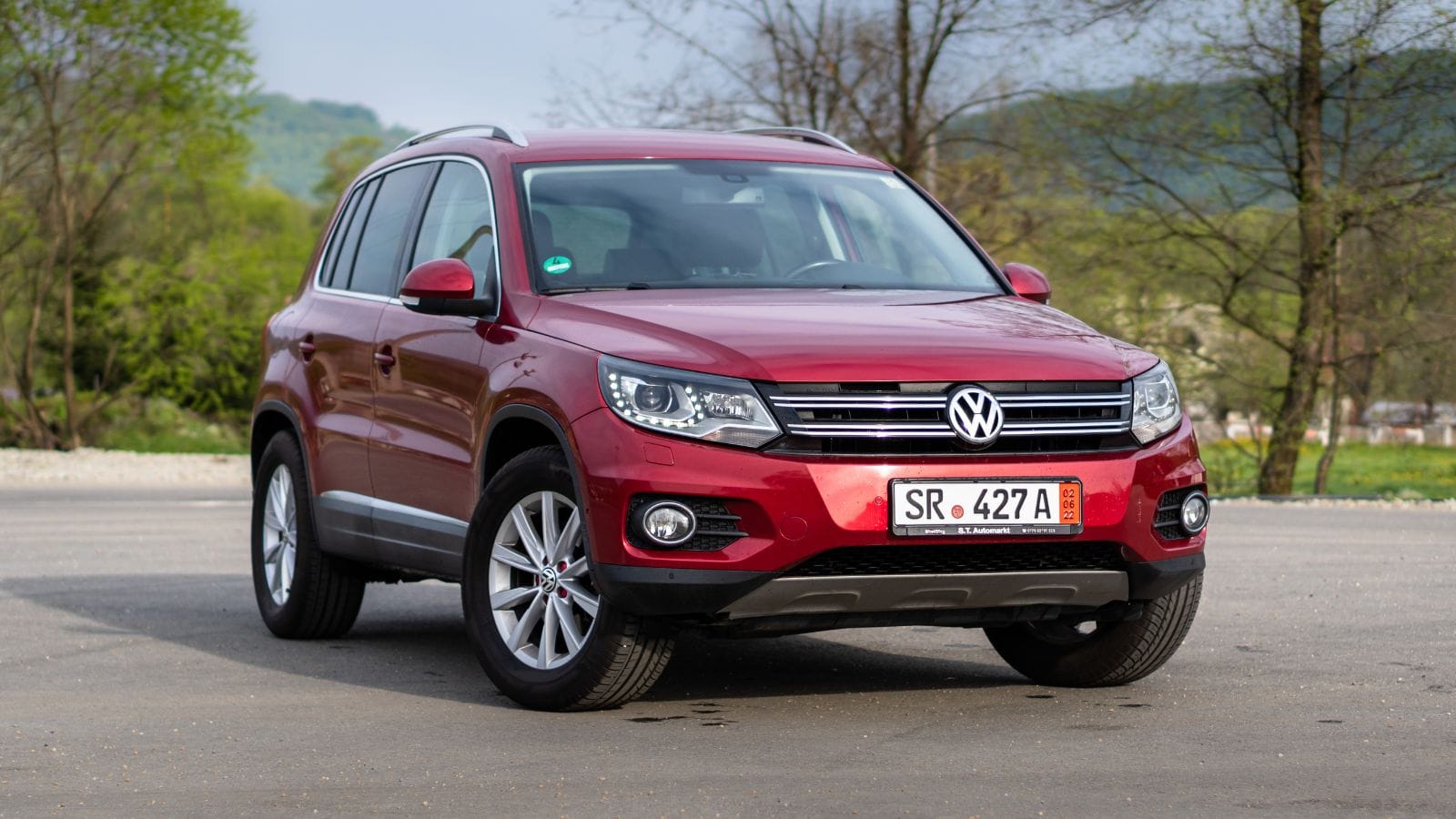
Volkswagen’s Tiguan, favored for its European styling and winter-capable performance, is now the subject of a recall due to improperly assembled seat belt tensioners. The defect could prevent the belts from working correctly during a crash, particularly in the second-row seats, which is a serious issue for families who chose the Tiguan for its reputation for safety. Transport Canada has issued alerts, and dealerships are contacting affected owners. With many Canadians using the Tiguan for ski trips or long winter drives, ensuring that every seat is protected is a precaution and a necessity.
2023 Jeep Grand Cherokee
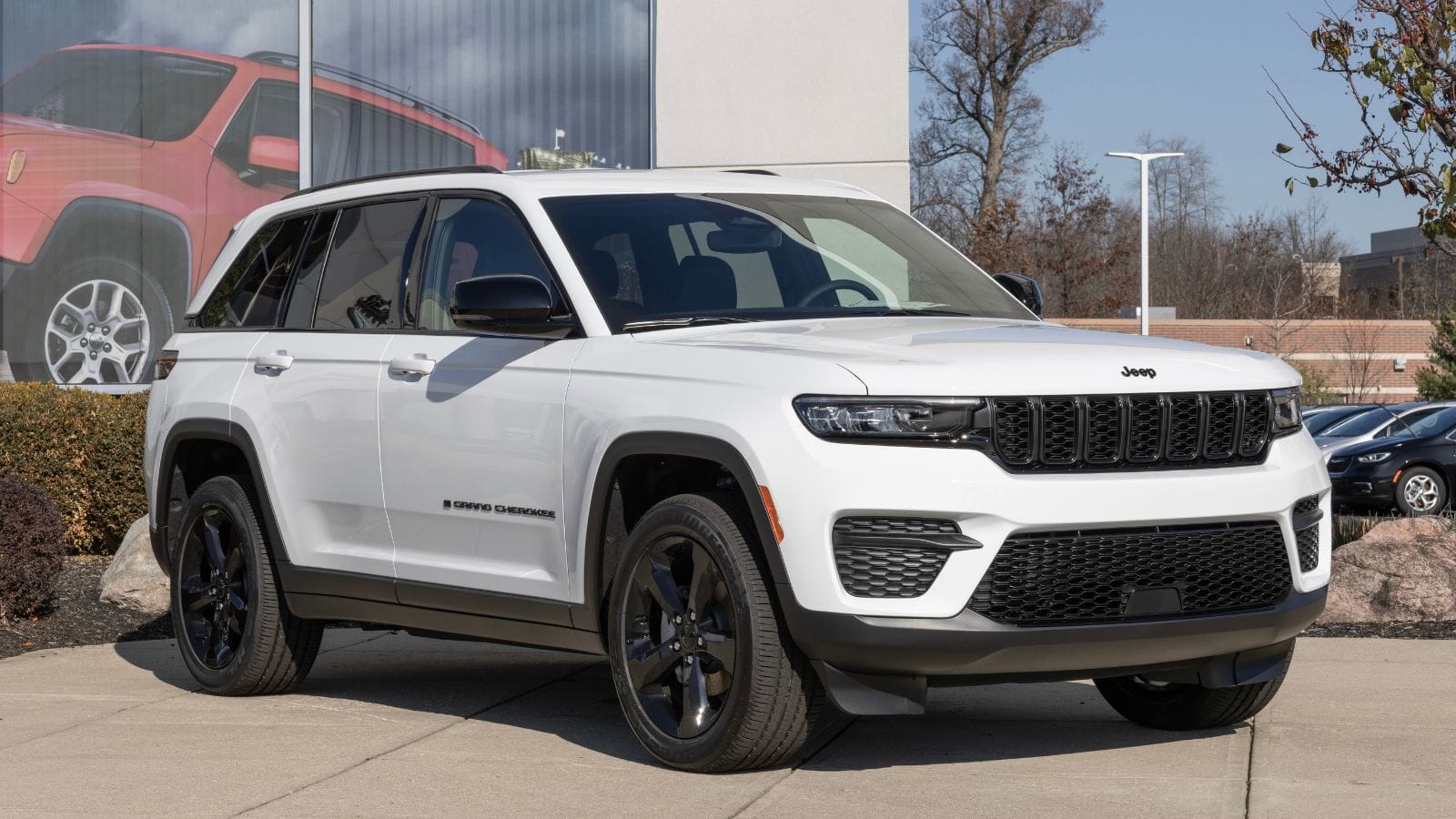
The latest Jeep Grand Cherokee, designed to blend rugged off-road utility with upscale comfort, has hit a snag with a recall involving the steering column. A defective component may cause loss of steering control, which is a terrifying prospect for any driver, especially on icy or mountainous terrain. Jeep has identified the issue in certain production batches and is offering immediate inspections and repairs. With many Canadians trusting the Grand Cherokee for cottage trips and snowy adventures, this recall cuts at the core of the vehicle’s appeal.
2019–2021 Ford EcoSport
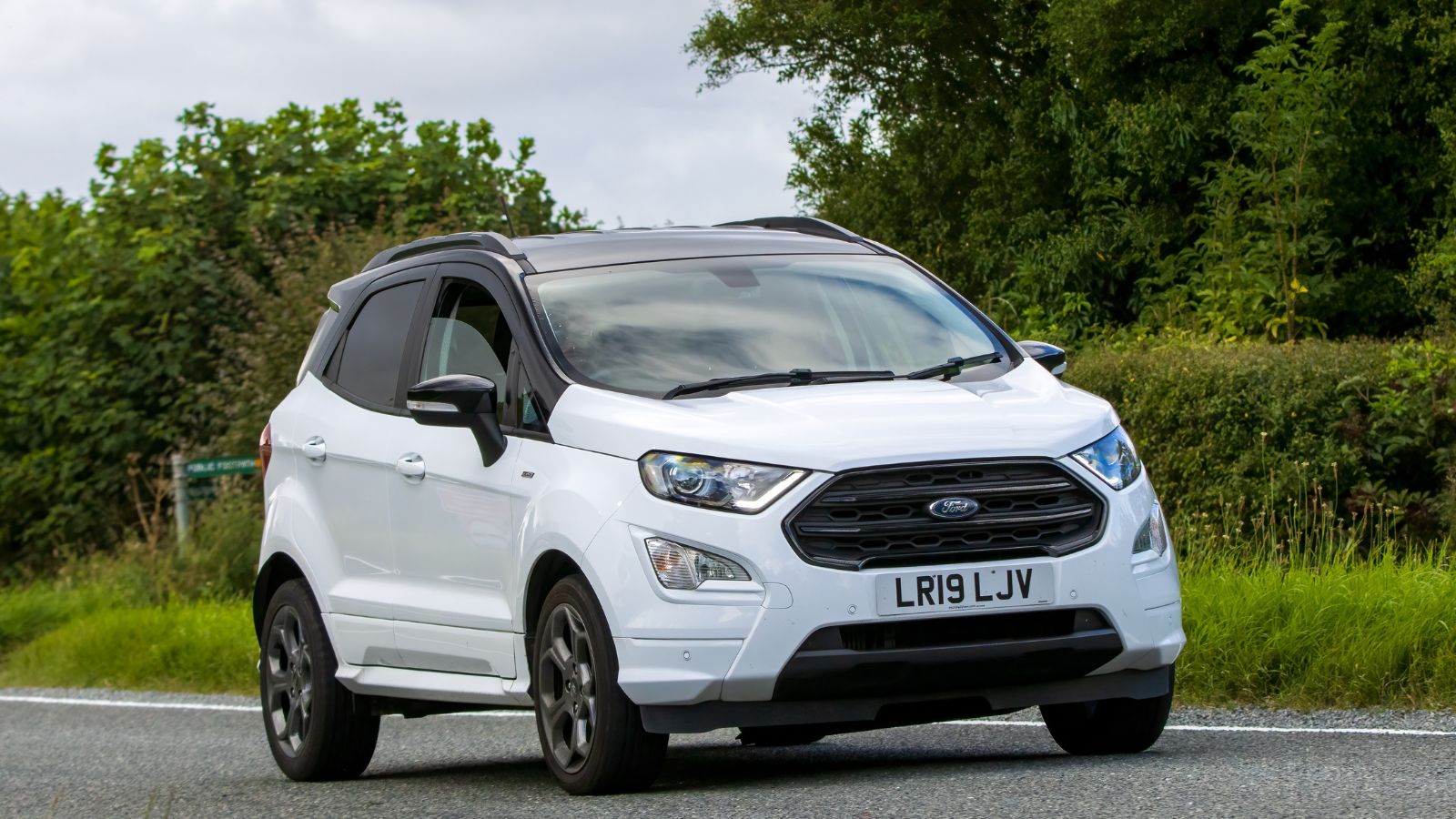
Ford’s compact EcoSport has been a budget-friendly SUV option for urban Canadian drivers, but recent recalls related to faulty oil pumps are casting a shadow over its reliability. The defect can cause a sudden loss of engine oil pressure, leading to unexpected engine failure while driving, which is particularly risky during highway commutes or winter conditions, where engine failure could quickly escalate into a safety hazard. Ford has issued recall notices, but many drivers are still unaware that their vehicle is affected.
2021–2022 Chevrolet Suburban
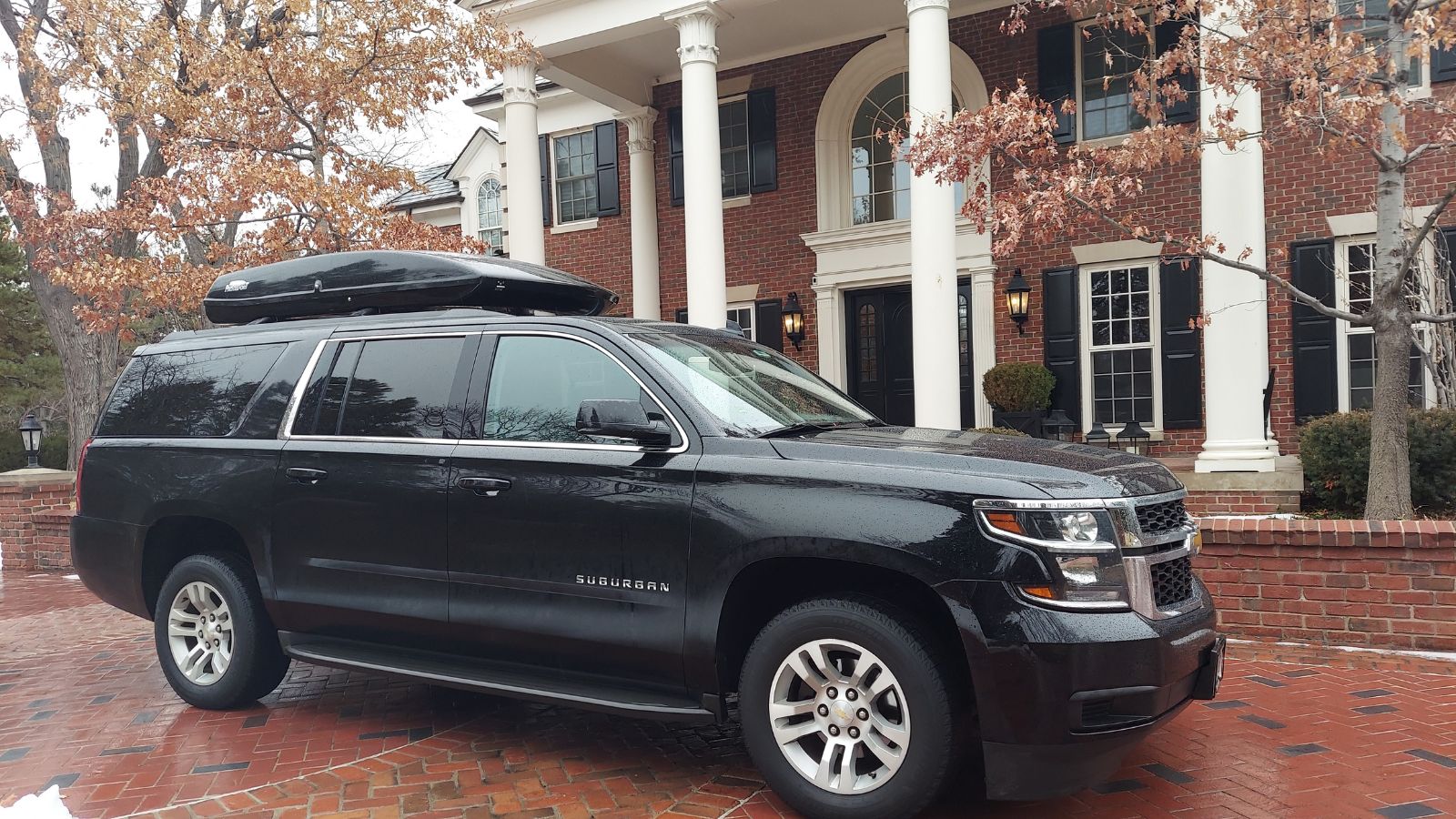
As one of the largest SUVs on Canadian roads, the Chevy Suburban is often used by big families, businesses, and even emergency services. However, a significant recall involving faulty third-row seatbelts has raised concerns. The belts may not latch properly, leaving passengers unprotected in the event of a crash. Transport Canada has flagged the issue, urging owners to bring their vehicles in for immediate service. Given how often these vehicles carry multiple passengers, particularly children or seniors, this is a safety issue that shouldn’t be ignored.
2022–2023 Acura MDX
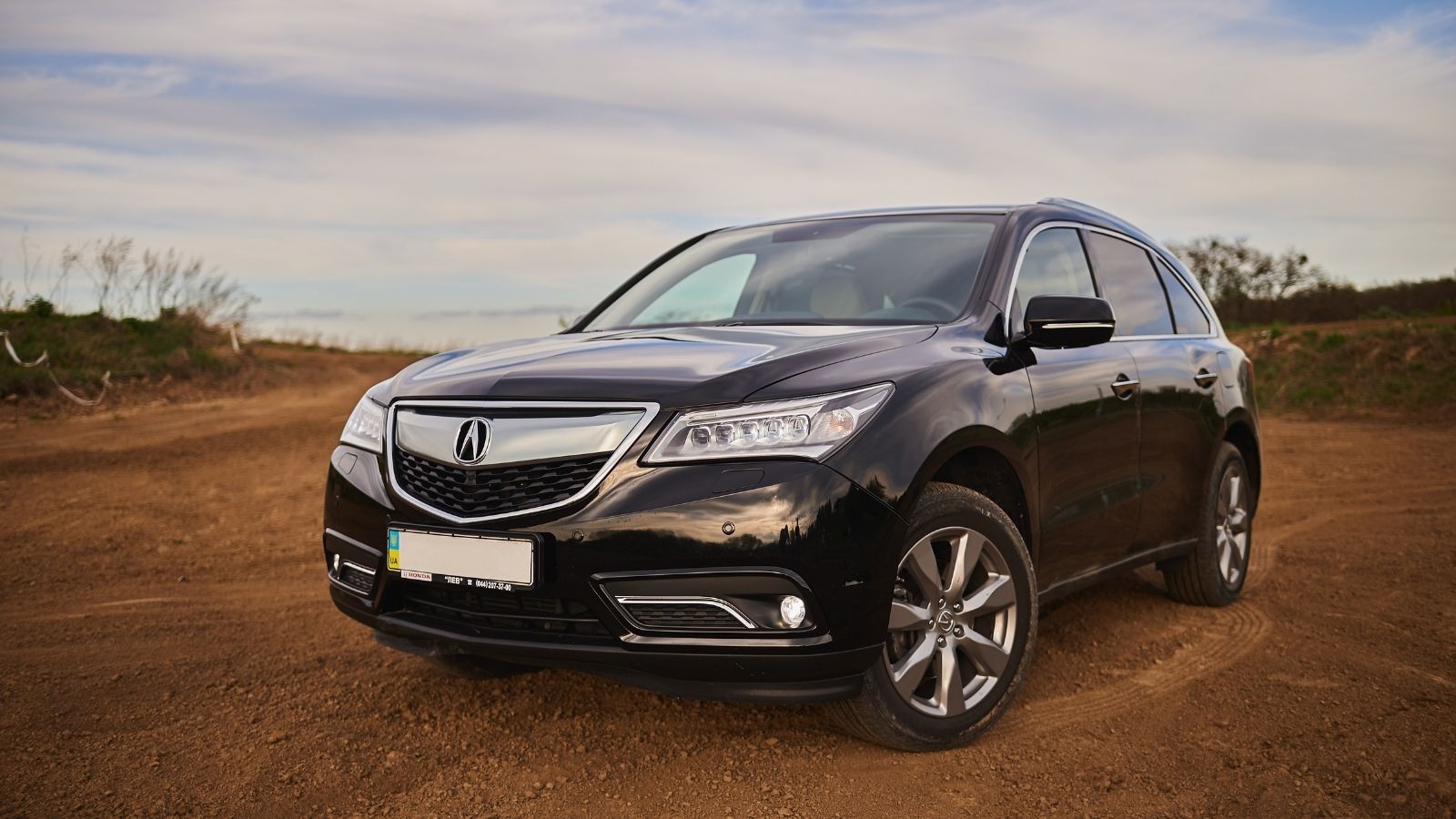
The Acura MDX is renowned for its blend of luxury and performance, but has encountered issues due to a software glitch affecting its braking system. Under certain conditions, the brake assist feature may fail to engage properly, resulting in increased stopping distances. For Canadian drivers navigating snow, slush, and unpredictable road conditions, reliable braking is a necessity. Acura has issued a recall to update the software and is contacting affected owners; however, delays in appointments have left some owners concerned.
2020–2021 Infiniti QX60
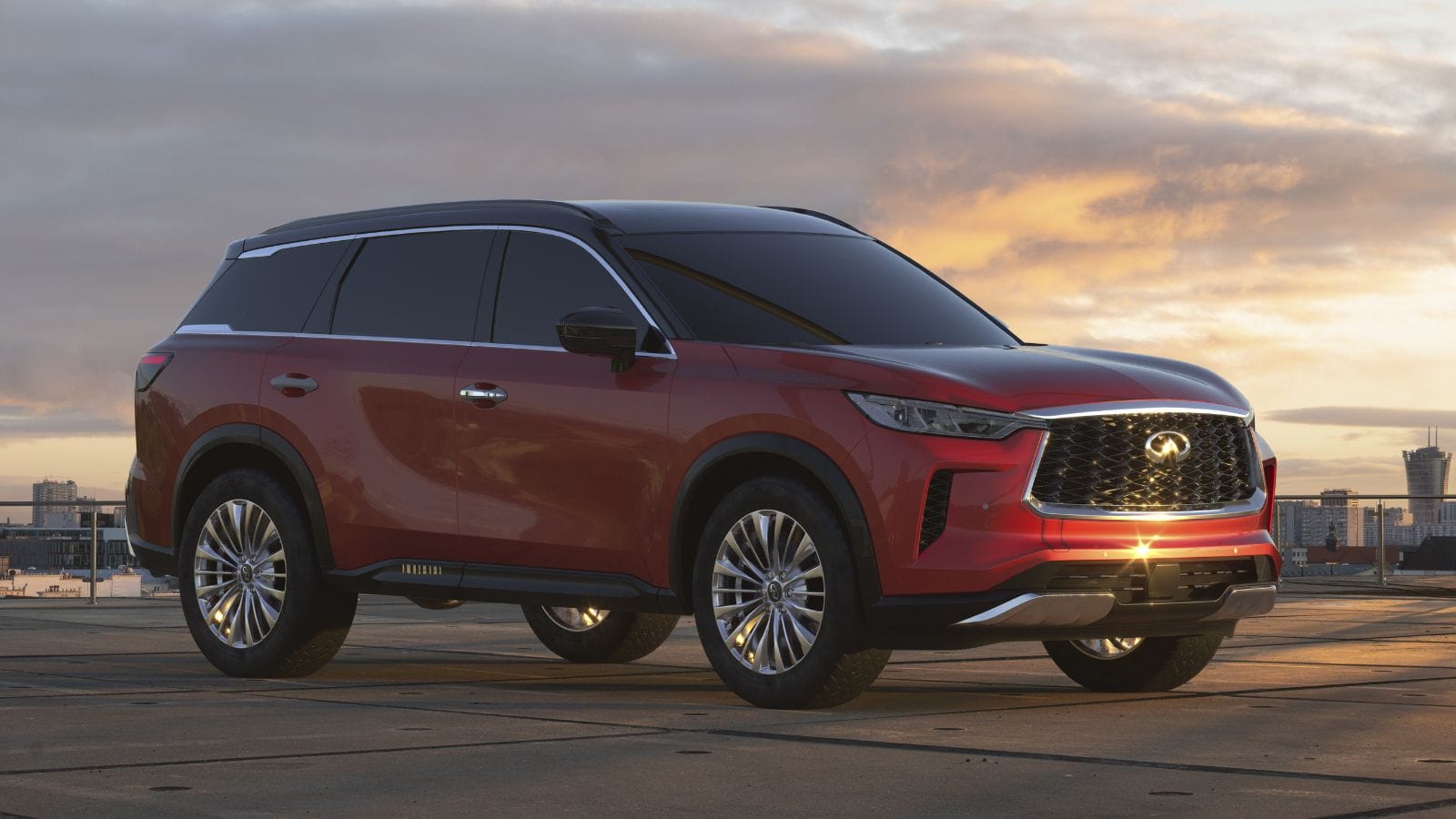
Infiniti’s QX60 has been praised for its comfort and quiet ride, but recent recalls tied to its transmission control module have rattled driver confidence. The defect can cause sudden downshifting at highway speeds, increasing the risk of rear-end collisions or loss of vehicle control. For Canadian drivers navigating long stretches of rural roads or congested city highways, this unpredictability is a major concern.
2022–2023 Toyota Highlander Hybrid
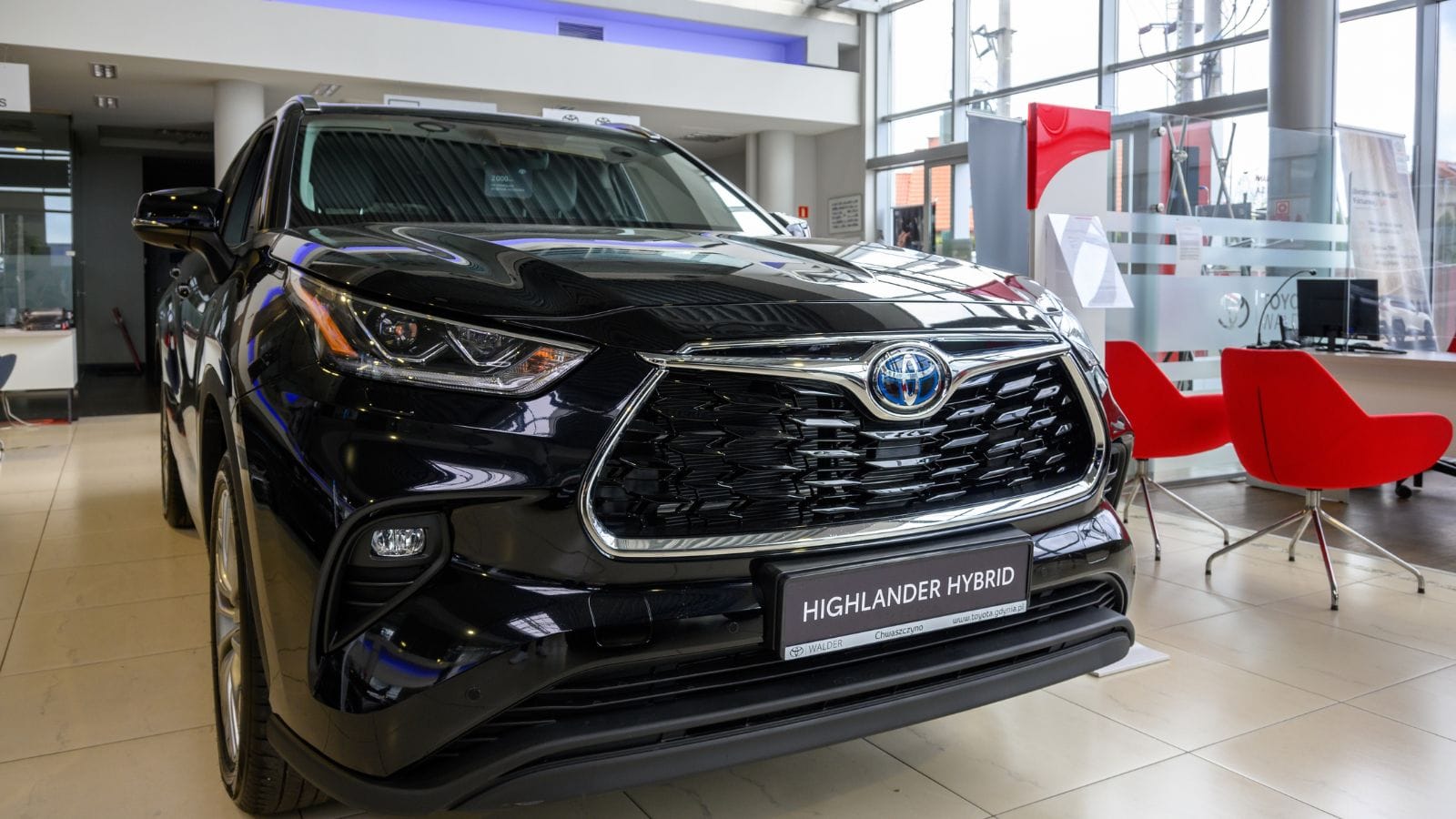
The Toyota Highlander Hybrid is a favorite among eco-conscious Canadian families, but a recent recall involving its battery cable connection has raised eyebrows. A loose or improperly connected cable can cause the vehicle to stall without warning, particularly under load or while accelerating. While the recall affects a relatively small batch of vehicles, the risks, especially in cold weather or remote locations, are serious. Toyota dealerships are performing thorough inspections and replacing affected components.
25 Facts About Car Loans That Most Drivers Don’t Realize

Car loans are one of the most common ways people fund car purchases. Like any other kind of loan, car loans can have certain features that can be regarded as an advantage or a disadvantage to the borrower. Understanding all essential facts about car loans and how they work to ensure that you get the best deal for your financial situation is essential. Here are 25 shocking facts about car loans that most drivers don’t realize:
25 Facts About Car Loans That Most Drivers Don’t Realize
